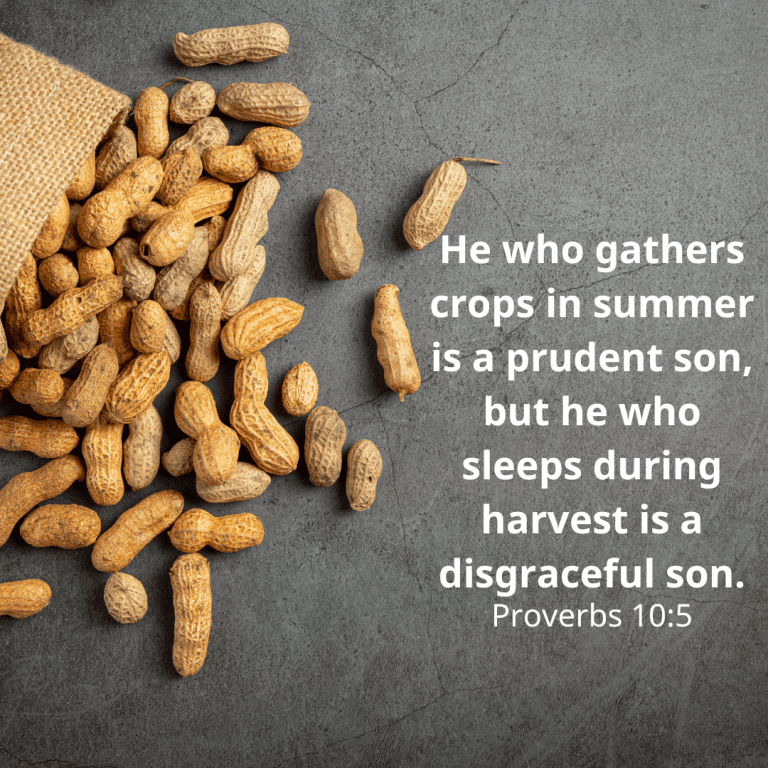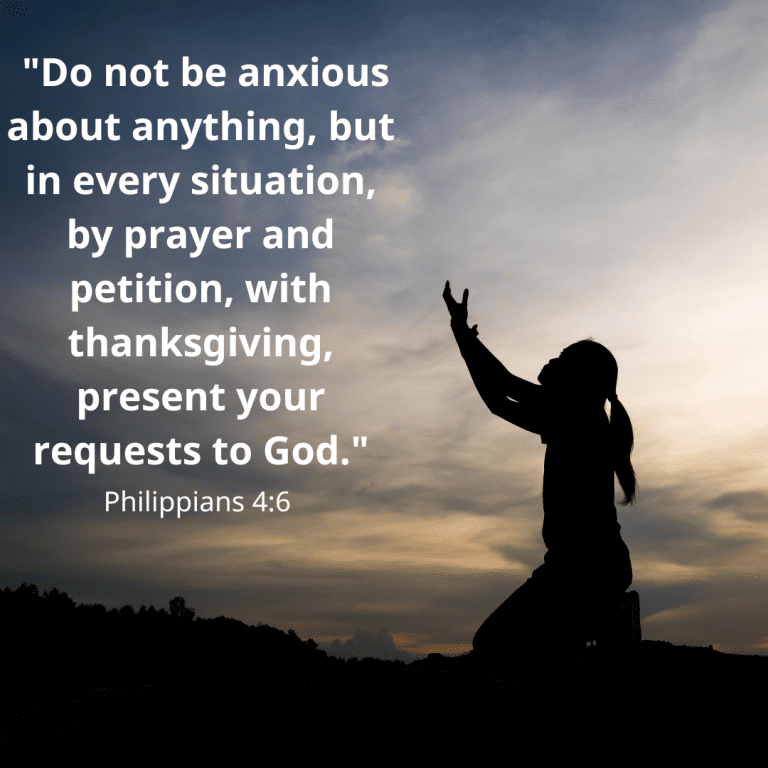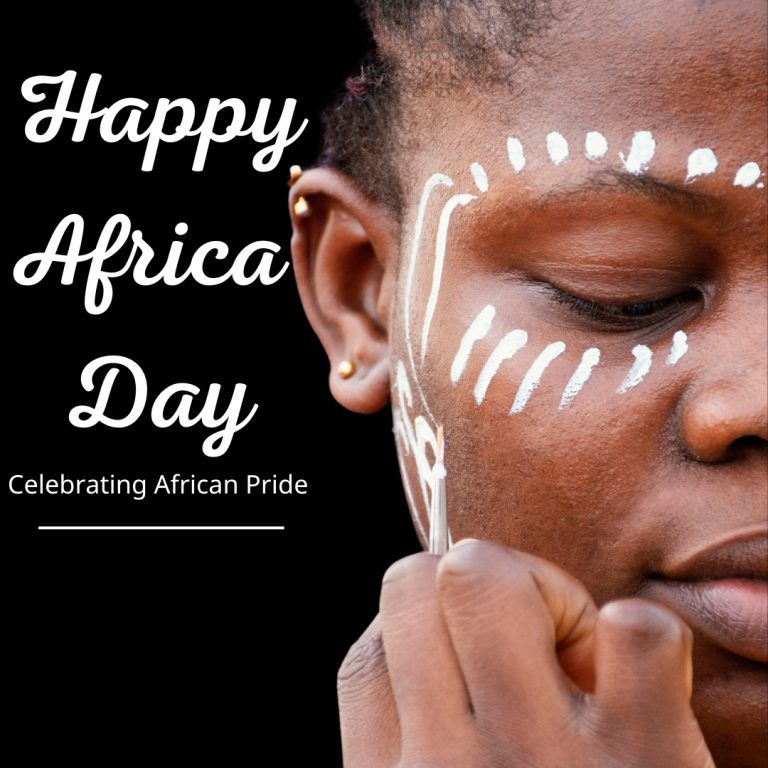1 But now to continue—the son who will receive his father's property is treated just like a slave while he is young, even though he really owns everything. 2 While he is young, there are men who take care of him and manage his affairs until the time set by his father. 3 In the same way, we too were slaves of the ruling spirits of the universe before we reached spiritual maturity. 4 But when the right time finally came, God sent his own Son. He came as the son of a human mother and lived under the Jewish Law, 5 to redeem those who were under the Law, so that we might become God's children.
6 To show that you are his children, God sent the Spirit of his Son into our hearts, the Spirit who cries out, “Father, my Father.” 7 So then, you are no longer a slave but a child. And since you are his child, God will give you all that he has for his children.
Paul's Concern for the Galatians
8 In the past you did not know God, and so you were slaves of beings who are not gods. 9 But now that you know God—or, I should say, now that God knows you—how is it that you want to turn back to those weak and pitiful ruling spirits? Why do you want to become their slaves all over again? 10 You pay special attention to certain days, months, seasons, and years. 11 I am worried about you! Can it be that all my work for you has been for nothing?
12 I beg you, my friends, be like me. After all, I am like you. You have not done me any wrong. 13 You remember why I preached the gospel to you the first time; it was because I was sick. 14 But even though my physical condition was a great trial to you, you did not despise or reject me. Instead, you received me as you would an angel from heaven; you received me as you would Christ Jesus. 15 You were so happy! What has happened? I myself can say that you would have taken out your own eyes, if you could, and given them to me. 16 Have I now become your enemy by telling you the truth?
17 Those other people show a deep interest in you, but their intentions are not good. All they want is to separate you from me, so that you will have the same interest in them as they have in you. 18 Now, it is good to have such a deep interest if the purpose is good—this is true always, and not merely when I am with you. 19 My dear children! Once again, just like a mother in childbirth, I feel the same kind of pain for you until Christ's nature is formed in you. 20 How I wish I were with you now, so that I could take a different attitude toward you. I am so worried about you!
The Example of Hagar and Sarah
21 Let me ask those of you who want to be subject to the Law: do you not hear what the Law says? 22 It says that Abraham had two sons, one by a slave woman, the other by a free woman. 23 His son by the slave woman was born in the usual way, but his son by the free woman was born as a result of God's promise. 24 These things can be understood as a figure: the two women represent two covenants. The one whose children are born in slavery is Hagar, and she represents the covenant made at Mount Sinai. 25 Hagar, who stands for Mount Sinai in Arabia, is a figure of the present city of Jerusalem, in slavery with all its people. 26 But the heavenly Jerusalem is free, and she is our mother. 27 For the scripture says,
“Be happy, you childless woman!
Shout and cry with joy, you who never felt the pains of childbirth!
For the woman who was deserted will have more children
than the woman whose husband never left her.”
28 Now, you, my friends, are God's children as a result of his promise, just as Isaac was. 29 At that time the son who was born in the usual way persecuted the one who was born because of God's Spirit; and it is the same now. 30 But what does the scripture say? It says, “Send the slave woman and her son away; for the son of the slave woman will not have a part of the father's property along with the son of the free woman.” 31 So then, my friends, we are not the children of a slave woman but of a free woman.
1 Tase mabe ugu atana ni no, ŋgwa se ka oyebe drimbi täpi ndaro ro urune aye kpate oso iyeäṛi ronye, nda bedri orivoya ŋgaga ro, nda gica orivoya endaro kuzupi ŋgacini ro owo. 2 Nda bedri orivoya ŋgaga ro 'di azaka kani vo ndaro ondrena ago kani losi cini ndaro orana madale tuse arabe täpi ndaro si sagwo. 3 Kpa oso inye, ama kpa orivoya iyeäṛii tori se kabe ugu 'bädri miri ro teinye ämäri dri osaako omba tori ro voro roya. 4 Oko ondro tu ŋgyena äduro kesate oko, Lu ezo Ŋgwa modo ndaro te. Ätite 'ditoko si ago rite Ota Yudai ro zele, 5 drî ànya se Ota zele ro utwene, tana 'dooko mà'do robe ŋgwà ro Lu ri.
6 Ka'daza anjioko ami orivoya ŋgwà Lu ro, Lu ezo Tori Ŋgwa ndaro rote ya amaro ya, Tori se kabe drîayo ekye: “Täpi, Täpi maro.” 7 Ka'do inye, mi kote tona iyeäṛi yi oko ŋgwa yi, ago mibe ro te orivoya ŋgwa yi ono, Lu 'ba mi kpate a'done drimbi'ba ro.
Ta Paulo ro ta Galatia'bai rota
8 Tu kyeno ya mìni Lu kote, ago nyà'dote orivoya iyeäṛii ro ŋgase ko lui ro ri. 9 Oko yauono oso mìni Lu be te ono ronye, matana te makye: Yauono Lu ni ami te, oko mìle gwo mi ozane kovole tori se mbaraako 'dimirivoya re eŋwanye ya? Mìle gwo ogo a'done iyeäṛii ro ànyari kpa to'di etaya? 10 Mìtite ta u'duyi, imbai, tui, ndi ndroai azaka robe ayani. 11 Ma orivoya milo'bebe ta amiro ta! Inye'do losi maro cini ta amiro ta unina te a'done ta awi roya?
12 Molo'baru ämiri ädrupii maro, nyà'do ma ronye, tana ma kpa oso ami ronye. Mìye ŋgakozi aza kote märi. 13 Oso mìnibe ronye mape lazokado te ämiri tu käti ana si tana ma adravoro. 14 Oko adravo maro ka'do ca taojoro ro ämiri oko, nyàmawo ago miga ma kote zo. Oko miru ma te oso malaika ni Lu resi ronye, ago miru ma te oso ma Kristo Yesu modo owo. 15 Nyà'dote orivoya yai'dwesi! Ta e'diro gwo a'do ni riyä se cini nyà'dobe sina ono riya? Ma modo mänina ndi tazevoedrene anjioko aba ka'do gwo rritiako aba ono nyèwe mi modo amiro rote ago nyòzo ànya te märi. 16 Inye'do yauono ma te kyila'baazi amiro tana ma be ugu taŋgye iti ämiri ono roya? 17 Lidri azaka se kai leyi ämiri a'done ànya resi, oko ko ta takado aza rota ämiri. Ŋgase aza ànya kolebe anjioko ami lewene ni mare si. Tana nyà'do robe ole be ànya ya oso ànya ka'do be sina ami ya ronye. 18 Oko, ṛo orivoya kado lidri ri a'done ole be ami ezine ànya resi, oko toto ondro ka'do ta ànyaro ka'dote ta takado rota owo. Ono orivoya ondoalo taŋgye yi, ago ko gialo tuse ma te ami be si. 19 Ŋgàgaŋwai se mulu tawi ono! Kpa to'di oso endre ŋgwa utivoya ronye ma kpa lomvoluwu alo ono usuna ta amiro ta madale a'do Kristo ro a'dona lutu ami ya. 20 Oso aba ma'do gwo ami yibe yauono, tana ko'ba mäni tase atane robe. Ma orivoya milo'belo'be ro ta amiro ta!
Taka'da Agara ndi Sara be ro
21 Mì'ba meji azaka amiro se kolebe a'done Ota zele te, inye'do nyèri tase Ota kabe atana koya? 22 Anya ka ata ekye Abarayama orivoya ŋgwàagoro ritu be, alodi ätite toko ruindu'ba ro lomvo, azana toko modo lomvo. 23 Ŋgwa ndaro toko ruindu'ba ro lomvo ätite abe 'diuti voro, oko ŋgwa ndaro toko modo lomvo ätite tao'ba Lu rosi. 24 Ta kwoi orivoya taka'daro yi. 'Ditoko ritu kwoi ka tao'ba ro ritu ka'da. Anya se ŋgwai anyaro ätite iyeäṛi ro ni Agara, ago anya ka tao'baro se a'bate 'Bereŋwa Sinai pa ka'da. 25 Agara orivoya taka'daro 'Bereŋwa Sinai se Arabia ya ro, orivoya ni taka'daro Yerusalema yauono ro. Yerusalema orivoya oso iyeäṛi ronye ndi lidri cini anyaro be. 26 Oko Yerusalema vo'buyakuru ro orivoya dritai ro, ago anya orivoya endre amaro. 27 Tana taegyi ka ata ekye:
“Nya'do yai'dwesi toko ŋgwa ako ono!
Mi'be käräyi ago mitre riyä si, mi se nyusu luwu ŋgwa utiro ko ono!
Tana toko se äsibe tesi a'dona 'da ŋgwà be amba
ndrani toko se ago e'be beko ri.”
28 Oko yauono, ami ädrupii maro, orivoya ŋgwai Lu ro oso ta tao'baro ndaro ro ronye, kpa oso Yisika ka'dobe ronye. 29 Tu gi ana si ŋgwa se ätite abe 'diuti voro eza nda se ätite Tori Lu rosi te, ago yauono kpa oso inye. 30 Oko taegyi ka ata ekye e'di ya? Anya ka ata ekye: “Misi toko ruindu'ba ro ndi ŋgwa anyaro be tesi; tana ŋgwa toko ruindu'ba ro ro unina ko drimbi täpi ndaro ro lewene ŋgwa toko modo robe.” 31 Ka'do inye, ädrupii maro, ama ko orivoya ŋgwai toko ruindu'ba ro ro oko toko modo ro ro.




